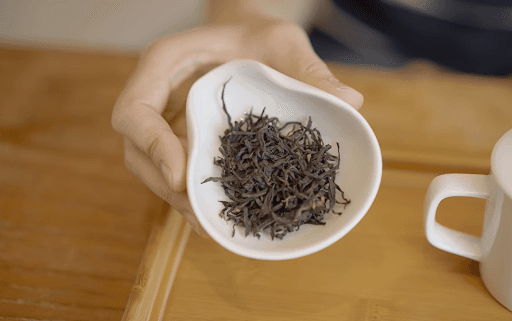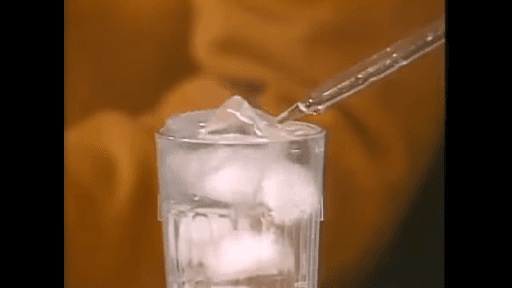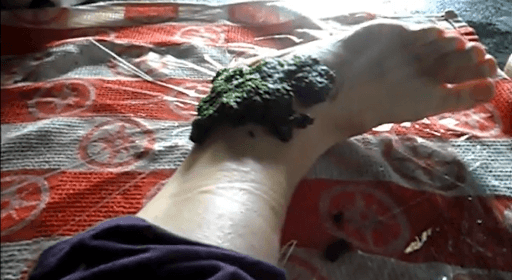10 ALARMING Signs You Have An Iron Deficiency!
Iron deficiency is the most common nutritional concern worldwide, primarily because iron is crucial for hemoglobin production, the protein in blood that transports oxygen throughout the body. A severe lack of iron can lead to anemia, manifesting through various symptoms and potentially affecting overall health.
- Hair Loss: Occurs due to insufficient oxygen reaching hair follicles, causing them to enter a resting phase and fall out.
- Shortness of Breath: Low hemoglobin levels lead to decreased oxygen in the body, causing breathlessness during physical activities.
- Fatigue: Constant tiredness may be due to decreased oxygen delivery to tissues, resulting in low energy and concentration issues.
- Heavy Periods: Significant menstrual bleeding can deplete iron stores, requiring attention if tampons need frequent changing.
- Frequent Infection: Iron is vital for immune function, and deficiencies can increase susceptibility to illnesses.
- Restless Leg Syndrome (RLS): Linked to iron deficiency, it causes discomfort and a strong urge to move the legs.
- Heart Palpitations: Low iron forces the heart to work harder, potentially leading to irregular heartbeats.
- Pale Skin: Reduced hemoglobin gives skin a pale appearance, common in moderate to severe anemia cases.
- Cold Hands and Feet: Lower oxygen levels decrease blood flow to extremities, causing cold sensations.
- Craving Ice: Known as pagophagia, this craving is linked to iron deficiency.
Iron deficiency may result from various factors, including blood loss, dietary issues, increased needs during pregnancy, and absorption problems. Here, these causes are categorized for clarity.
Blood loss, whether from accidents, childbirth, or heavy menstruation, can deplete iron reserves. Chronic illnesses or certain cancers may also contribute to gradual blood loss, worsening iron deficiency.
Pregnant women require significantly more iron to support fetal development and increased blood volume. Failure to meet these needs can lead to an iron deficiency, necessitating dietary adjustments or supplementation.
Certain conditions, like Crohn's disease, celiac disease, or surgical removal of parts of the small intestine, can hinder iron absorption, despite adequate dietary intake. Consulting a healthcare provider for proper diagnosis and treatment is essential.
Though iron deficiency is prevalent, many of its causes and symptoms are manageable with attention to diet and medical consultation. If adding iron-rich foods to your diet doesn't alleviate symptoms, seek professional advice to rule out underlying issues.
"You can be deficient in something and not even know it," emphasizes the importance of awareness and regular health checks.
From Around The Web
Healthy Shark is a blog & weekly newsletter that curates trending news and products related to health and wellness from around the web. We also gather content from various sources, including leading health professionals, and deliver it directly to you.
Please note that we may receive compensation if you purchase any products featured in our newsletter. Healthy Shark is not affiliated with, nor does it endorse, any health professionals whose content may appear in our newsletter. The information provided is for general informational purposes only and should not be considered medical advice.
The information provided is not intended to replace professional medical advice, diagnosis, or treatment. All content, including text, graphics, images, and information available is for general informational purposes only. We do not guarantee the accuracy or completeness of any information presented and assume no liability for any errors or omissions. The content is subject to change without notice. We encourage you to verify any information with other reliable sources and consult your physician regarding any medical conditions or treatments.







